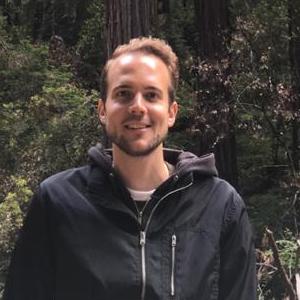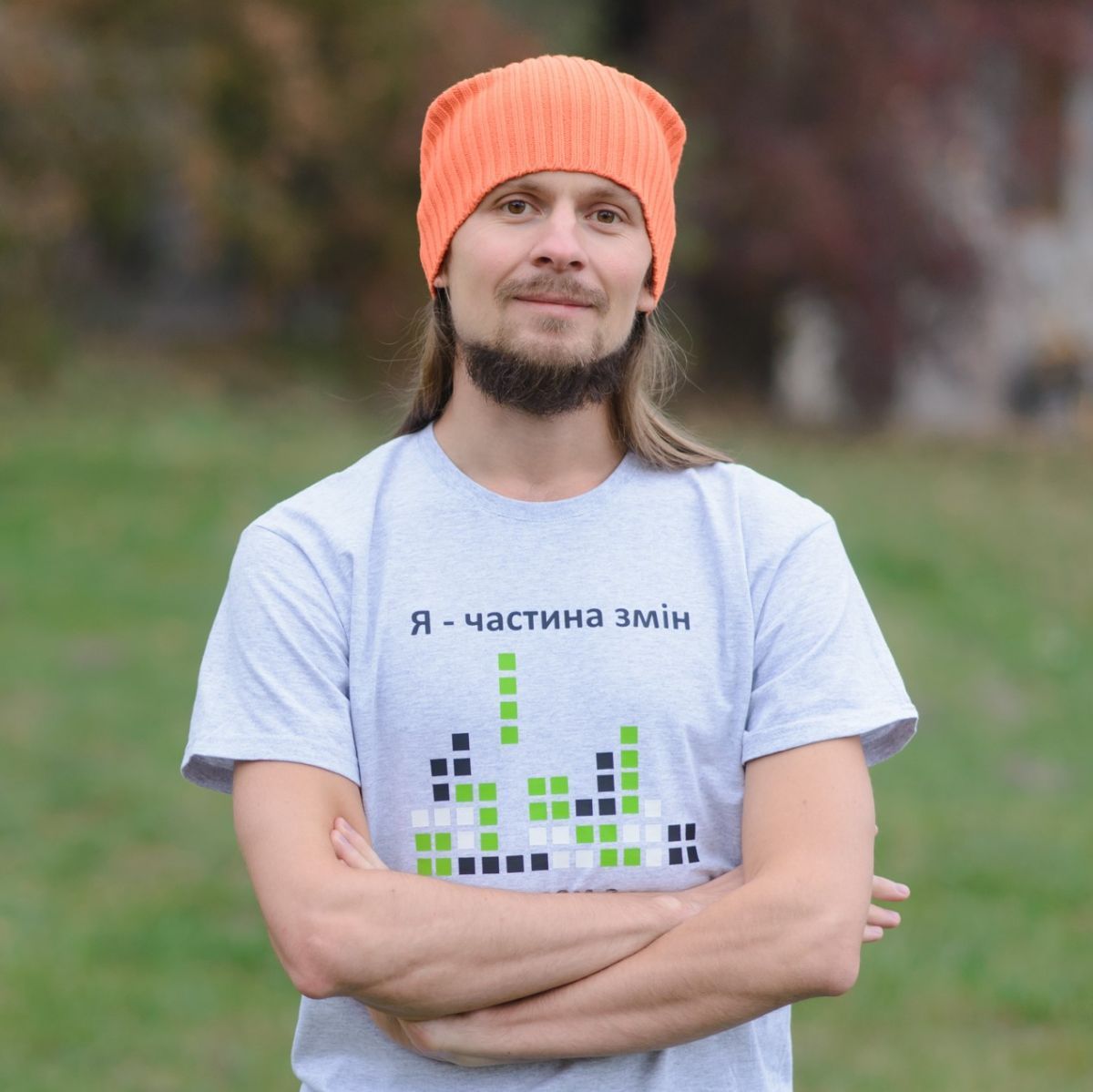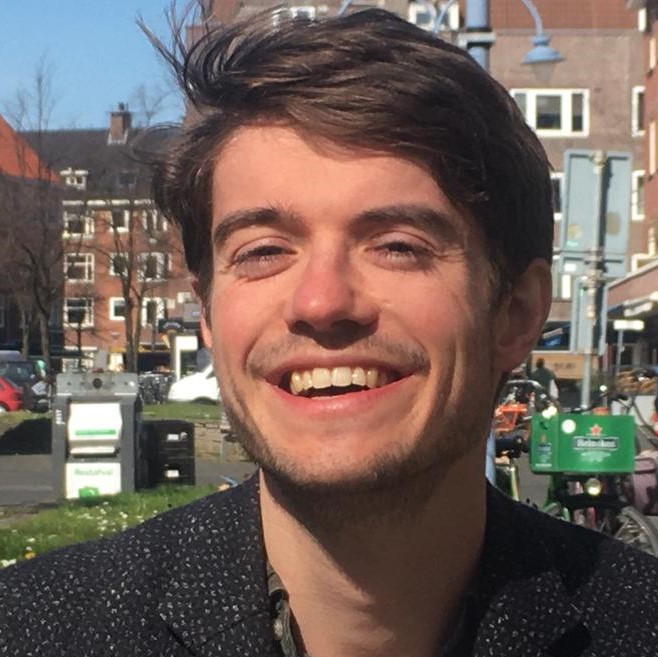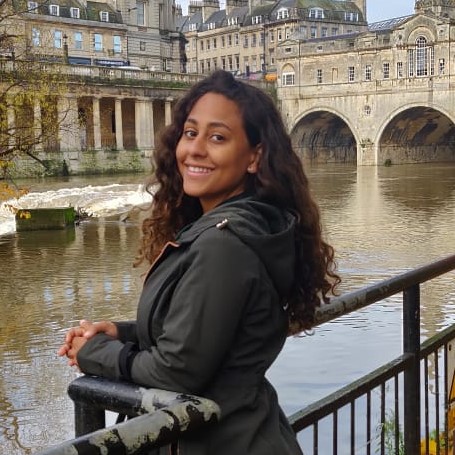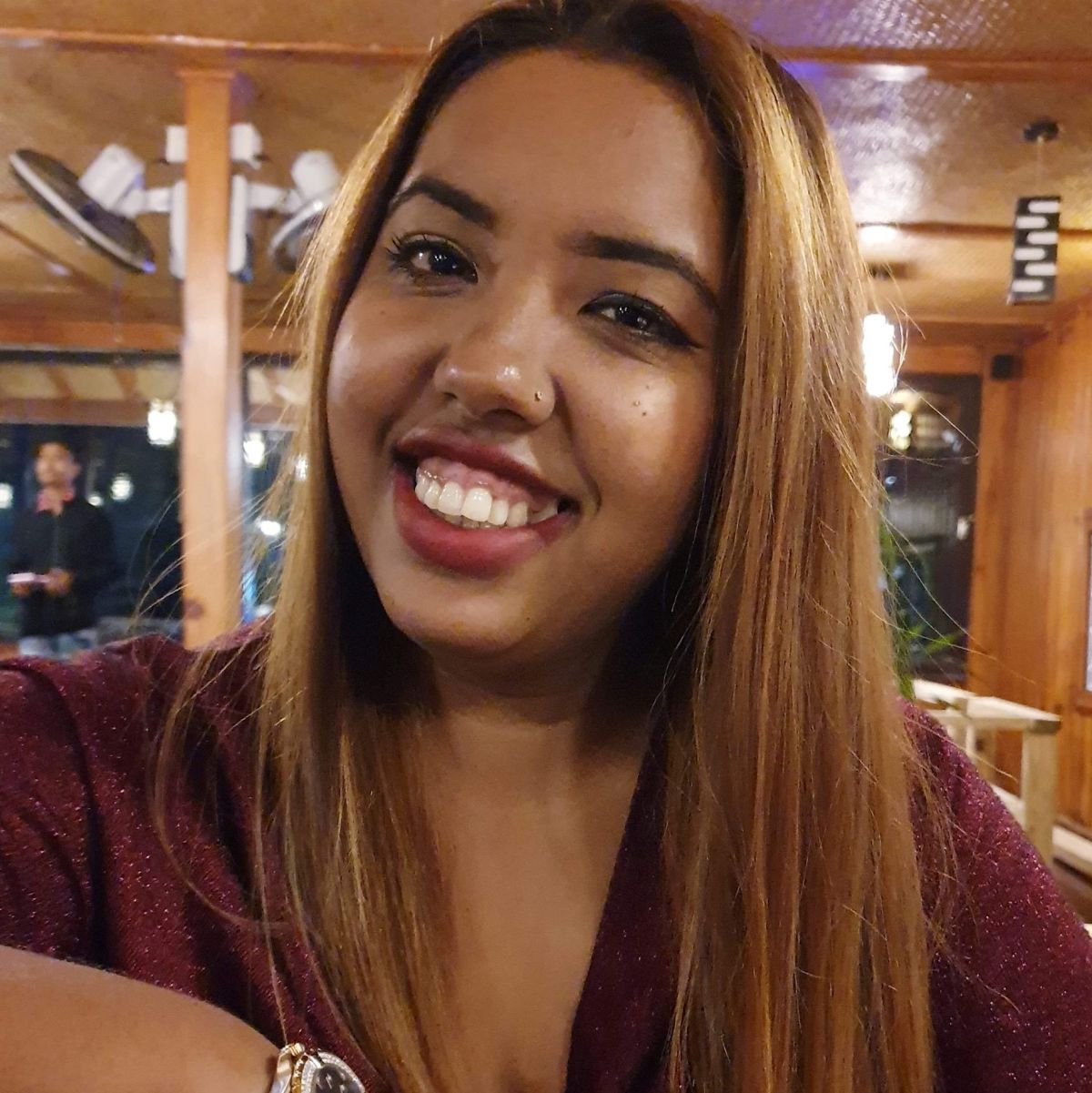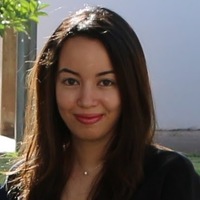Opgroeien in een heterowereld
Achteraf gezien is het geen verrassing. Alles in mijn omgeving gaf me de indruk dat er in de samenleving slechts één soort seksualiteit bestond. Van tv-shows waarnaar ik keek tot boeken die ik las, stellen en gezinnen die ik kende, gesprekken met mijn vrienden en dingen die we op school leerden.
Germany, Western Europe
Story by Luca Kraus. Translated by Jan Messchendorp
Published on June 17, 2020.
This story is also available in 





Content Warning: This story contains mentions of homophobia that can be upsetting for some readers.
Achteraf gezien is het geen verrassing. Alles in mijn omgeving gaf me de indruk dat er in de samenleving slechts één soort seksualiteit bestond. Van tv-shows waarnaar ik keek tot boeken die ik las, stellen en gezinnen die ik kende, gesprekken met mijn vrienden en dingen die we op school leerden.
Content warning: Dit verhaal bevat vermeldingen van homofobie die aanstootgevend kunnen zijn voor sommige lezers.
In de eerste twaalf jaar van mijn leven kon ik niet bevroeden dat er iemand bestond zoals ik, een homoseksueel. Dat is niet al te dramatisch bedoeld. Ik kon niet begrijpen dat het zelfs maar mogelijk was om van iemand anders dan een vrouw te houden. Dat homoseksueel zijn een actuele realiteit was. Ik had wel van het woord ‘gay’ gehoord, maar het kwam nooit bij me op dat het met mensen van vlees en bloed te maken had, dat het meer was dan een abstracte omschrijving van iets negatiefs.
Achteraf gezien is het geen verrassing. Alles in mijn omgeving gaf me de indruk dat er in de samenleving slechts één soort seksualiteit bestond. Van tv-shows waarnaar ik keek tot boeken die ik las, stellen en gezinnen die ik kende, gesprekken met mijn vrienden en dingen die we op school leerden. Alles was volledig gericht op de heteronorm.
Uiteraard ontdekte ik later de waarheid over homoseksualiteit, maar pas in de puberteit begon ik te begrijpen hoe het bij mij precies zat. Eerlijk gezegd had alle twijfel moeten verdwijnen toen ik Orlando Bloom in Pirates of the Caribbean zag. Maar je geest kan je ongelooflijk misleiden wanneer je wordt geconfronteerd met een realiteit die niet strookt met de waarden en normen die je zijn ingeprent. Op de middelbare school gold niet langer de onwetendheid van de samenleving jegens homoseksualiteit; mijn klasgenoten toonden op nogal wrede wijze hun nieuwsgierigheid als het gaat om dit onderwerp. Ze begonnen me uit te schelden voor flikker, mietje of homo en ik werd gedwongen na te denken over wie ik was.
Het was de eenzaamste en moeilijkste periode van mijn leven.
Waarom vertel ik dit allemaal? Omdat ik me de laatste tijd voortdurend afvraag waarom in onze samenleving een kind of tiener dit moet doormaken. Ik geef toe dat ik ben opgegroeid in een heel klein dorpje (op drie uur afstand van Frankfurt) en wellicht is het in grote steden anders. In ons dagelijks leven komen LHBTQ+[1]-gerelateerde vraagstukken en verhalen echter slechts minimaal aan bod. Wat me nog steeds diep schokt, is de complete afwezigheid van LHBTQ+ in het onderwijssysteem, op de kleuterschool en bij alle andere schooltypes.
In Duitsland wordt er al verscheidene jaren een politieke discussie gevoerd over de voors en tegens van het opnemen van LHBTQ+-gerelateerde verhalen en inhoud in het lesprogramma op scholen. Veel mensen lijken te worstelen met dit idee en zijn bang voor ongewenste beïnvloeding van Duitse kinderen als die te vroeg met deze zaken in aanraking komen. Zij hebben het totaal bij het verkeerde eind. LHBTQ+-jongeren hebben dikwijls met groter onrecht te maken dan hun leeftijdgenoten die hetero zijn. Zij twijfelen voortdurend aan zichzelf en leven constant in pijn vanwege alle pesterijen die ze te verduren krijgen. En dat terwijl hun enige ‘misdaad’ is dat ze anders zijn. Volgens Coming Out Day e.V.[2], een Duitse organisatie die mensen bewust wil maken van de problemen en worstelingen waarmee homoseksuele jongeren te kampen hebben, doen homoseksuele jongeren maar liefst viermaal zo vaak een suïcidepoging als hun heteroseksuele leeftijdsgenoten.
Onderwijs vormt absoluut een van onze sterkste wapens en grootste bakens van hoop in de strijd tegen homofobie en in het creëren van een samenleving waarin sprake is van echte acceptatie. Er zijn kinderen die luisteren, die bang zijn en die zich afvragen waarom dit uitgerekend hen overkomt. Wij hebben de kans dat te veranderen en hen te helpen begrijpen dat het goed is zoals ze zijn. We hoeven er alleen maar over te praten en hen uit te leggen dat anders zijn niet betekent dat je abnormaal bent.
Voetnoten
[1] LHBTQIA+: een afkorting die staat voor de gemeenschap van lesbiennes, homo's, biseksuelen, transgenders, queer en intersekse personen en aseksuelen en iedereen die niet onder een van deze termen valt (+).
[2] Coming-out-day.de (2020), “Lesbische und schwule Jugendliche haben eine vier- bis siebenmal höhere Suizidrate”, uit: http://www.coming-out-day.de/informationen/fakten.html
How does this story make you feel?
Follow-up
Do you have any questions after reading this story? Do you want to follow-up on what you've just read? Get in touch with our team to learn more! Send an email to [email protected].
Talk about this Story
Please enable cookies to view the comments powered by Disqus.
Subscribe to our Monthly Newsletter
Stay up to date with new stories on Correspondents of the World by subscribing to our monthly newsletter:
Other Stories in Nederlands
Tags
Explore other Topics
Get involved
At Correspondents of the World, we want to contribute to a better understanding of one another in a world that seems to get smaller by the day - but somehow neglects to bring people closer together as well. We think that one of the most frequent reasons for misunderstanding and unnecessarily heated debates is that we don't really understand how each of us is affected differently by global issues.
Our aim is to change that with every personal story we share.
Community Worldwide
Correspondents of the World is not just this website, but also a great community of people from all over the world. While face-to-face meetings are difficult at the moment, our Facebook Community Group is THE place to be to meet other people invested in Correspondents of the World. We are currently running a series of online-tea talks to get to know each other better.











